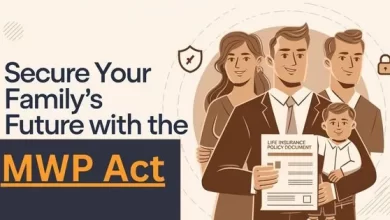Understanding The Phases Of A Foreclosure

Foreclosure is a process that allows lenders to recover the amount you owe them by taking possession of or selling your property. However, the process is not that straightforward. The lender usually gives you various chances to pay the loan until they finally decide on foreclosure.
If you are struggling to pay your loans and debt, you may reach a point where your lenders and creditors may take possession of your property. Nobody wants to hand over their house to someone else, especially if they have built it with their hard-earned money. If you are in a similar situation, speaking to a Bankruptcy lawyer in Las Vegas can help you.
The phase of a foreclosure process
Phase 1: Payment default
Payment default refers to the first time you miss a payment. Usually, lenders ask for money at the first of the month but provide a time of up to the 15th. If you do not manage to pay the amount by the 15th of a month, the lender may call, email, or send you a letter about the payment and a late payment fee.
If you do not make the payments in the second month, you will likely receive a call from the lender. Here, you need to explain why you are not paying and make suitable payment arrangements with them. Once you go three months without paying, the lender sends a demand letter, which means you have just 30 more days to make the payment.
Phase 2: Notice of default
You will receive a notice of default from the lender once you go four months without making any payments. This notice gives you the time of 30 days more to pay the debt before they finally start the foreclosure process.
Phase 3: Notice of trustee’s sale
The Las Vegas foreclosure begins from here. The process is different depending on your state. Some states only require filing paperwork, while others require court approval in every step. After the necessary approval is met, the lender schedules a sale of the property.
Phase 4: Trustee’s sale
The property is placed for auction. Your property will be sold to the person who bids the highest price and meets all the requirements. Once the property is sold, the purchaser is awarded immediate possession.
Phase 5: Real Estate Owned (REO)
In case the property does not get sold during the public auction, the lender will then take possession of it. They will further try to sell it with the help of a broker or a real estate-owned asset manager.
Phase 6: Eviction
When the property is sold to the new owner, you will receive an order to evacuate the property as soon as possible. You may be provided a few days to pack your belongings.




